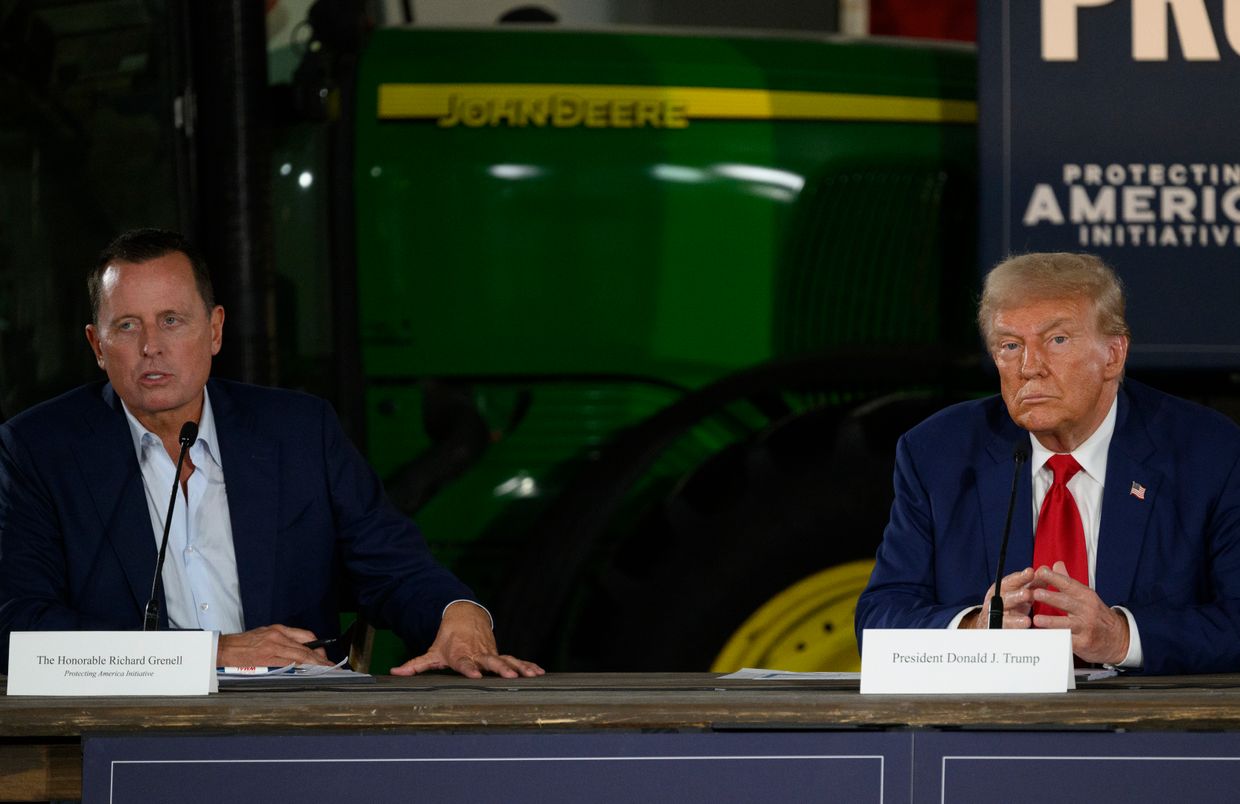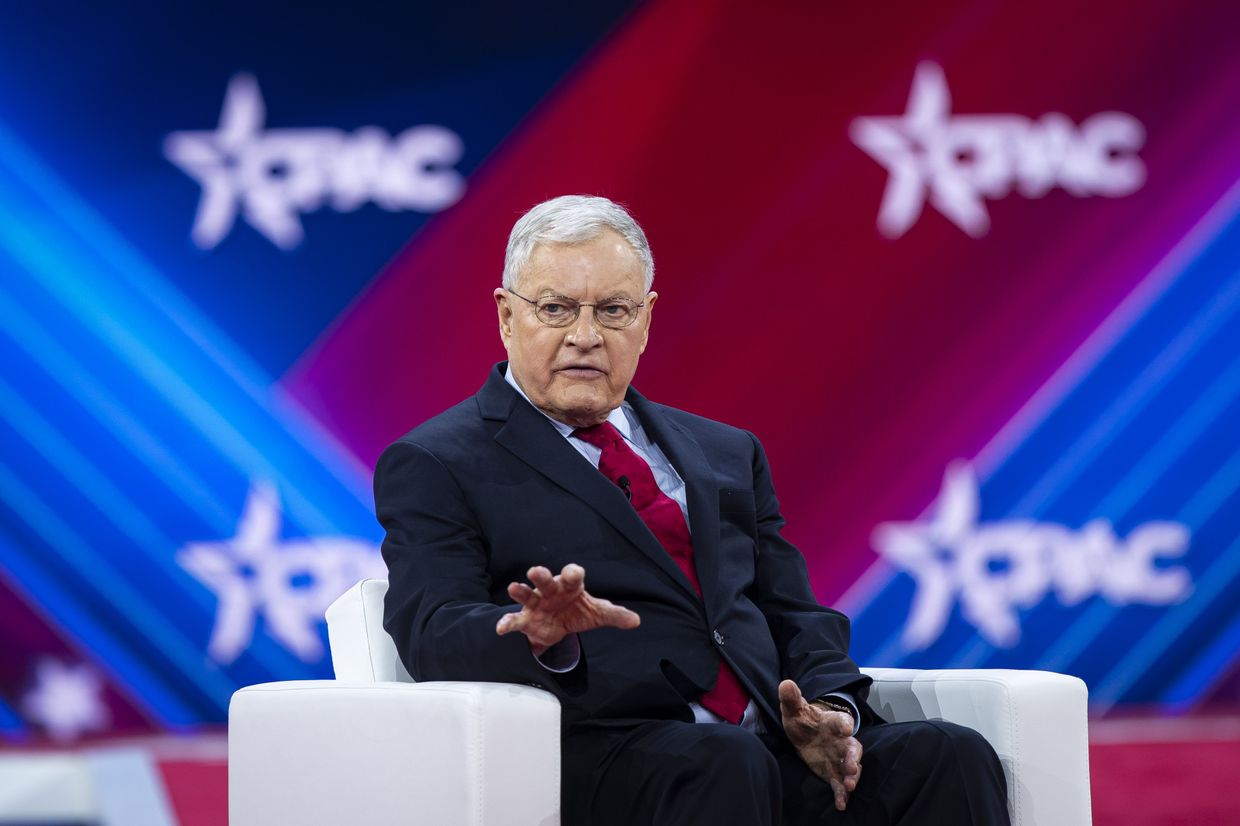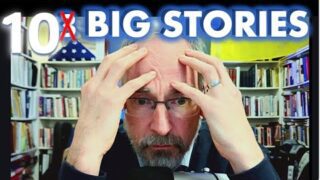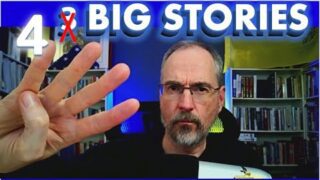
Trump picks former intelligence director Richard Grenell as "envoy for special missions"
Richard Grenell, former U.S. ambassador to Germany, will serve as President-elect Donald Trump's "special missions envoy," Trump said on his Truth Social platform on Dec. 14.
In his post, Trump stated that “Ric will work in some of the hottest spots around the World, including Venezuela and North Korea [and] … will continue to fight for Peace through Strength, and always put America first.”
The New York Times describes Grenell as “a loyalist known for unbridled social media attacks on Mr. Trump’s perceived critics."
He previously served as U.S. Ambassador to Germany during Trump’s first term, as acting National Intelligence Director in 2020, and as Special Presidential Envoy for Serbia and Kosovo Peace Negotiations from 2019 to 2021.
Grenell’s name emerged during Trump’s selection process for the U.S. Ukraine peace envoy, where he was a prominent contender, though the role ultimately went to Keith Kellogg.
Michael O’Hanlon, director of research in the Foreign Policy program at the Brookings Institution, told the Kyiv Independent that he was “more hopeful” about Kellogg’s selection, contrasting him with Grenell, whom he described as more radical.
Ukrainian analyst Volodymyr Fesenko agreed, noting that “Grenell is more radical and more inclined to apply strong pressure [to Ukraine].”
Grenell's perspective on Ukraine is consistent with the "peace through strength" approach, which involves leveraging military power, economic pressure, and assertive diplomacy to deter aggression and secure peace, as Trump's advisor Robert C. O’Brien elaborated in Foreign Affairs in June 2024.
In 2022, he “applauded” Elon Musk’s controversial peace proposal but called for an even “stronger [peace] deal.” Musk’s plan, which proposed Ukraine’s neutrality, recognition of Crimea as Russian, and a UN-supervised vote on other occupied territories, ignited widespread criticism.
By July 2024, Grenell suggested that peace in Ukraine could involve creating “autonomous zones,” though he did not provide details. “Autonomous regions can mean a lot of things to a lot of people, but you got to work through those details,” he said.
Grenell also expressed the belief that Ukraine should delay its NATO membership ambitions.
It remains unclear what priorities and actions this newly created role will entail, as it currently has no established precedent.










